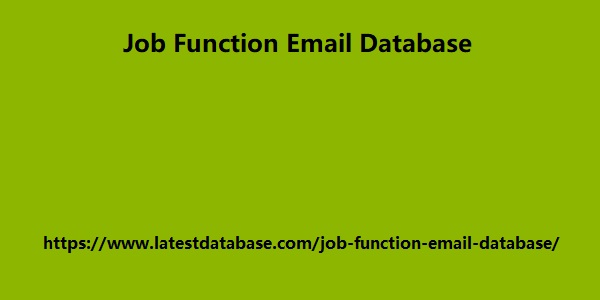Post by account_disabled on Feb 25, 2024 0:17:42 GMT -5
The US Federal Reserve will defy investor expectations and raise interest rates by at least another quarter point, according to a majority of leading academic economists surveyed by the Financial Times. More than 40 percent of respondents said they expected the Federal Reserve to raise rates twice or more from the current benchmark level of to percent, a 22-year high. This contrasts sharply with the mood in financial markets, where federal funds futures traders believe the US central bank's policies are restrictive enough to control inflation so they can keep rates unchanged. until well into 2024. The survey, conducted in partnership with the Kent A Clark Center for Global Markets at the University of Chicago Booth School of Business, suggests that completely eradicating price pressures and bringing inflation back down to 2 percent will require more prohibitive borrowing costs than market participants. we currently anticipate.
Some of the signals we're getting are that policy is not as tight," said Julie Smith, an economics professor at Lafayette College, noting that interest rate-sensitive sectors such as the Job Function Email Database housing market remained "surprisingly strong." » despite having received a previous blow. "There doesn't seem to be enough consumer pushback to slow the economy, and I think that's really the problem." Of the 40 surveyed between September 13 and 15, about 90 percent believe the Federal Reserve has more work to do. Nearly half of the economists surveyed predicted the federal funds rate would peak between 5.5 percent and 5.75 percent, indicating an increase of more than a quarter point. Another 35 percent expect the Federal Reserve to move two notches higher than a quarter point, raising the benchmark rate to 5.75-6 percent. A small group (8 percent) believes that the official interest rate will exceed 6 percent.

Once rates peak, economists surveyed overwhelmingly thought the Fed would keep them there for quite some time. About 60 percent of respondents thought the first cut would come in the third quarter of next year or later. This is almost double the share of economists who predicted that deadline in June, the last time they were surveyed. You are viewing a snapshot of an interactive chart. This is most likely because you are not logged in or JavaScript is disabled in your browser. The survey comes just days before Federal Reserve officials meet for their next monetary policy meeting, at which they are expected to again delay further action. The rapid tightening of policies since March 2022 has been the most aggressive effort to reduce demand in decades.
Some of the signals we're getting are that policy is not as tight," said Julie Smith, an economics professor at Lafayette College, noting that interest rate-sensitive sectors such as the Job Function Email Database housing market remained "surprisingly strong." » despite having received a previous blow. "There doesn't seem to be enough consumer pushback to slow the economy, and I think that's really the problem." Of the 40 surveyed between September 13 and 15, about 90 percent believe the Federal Reserve has more work to do. Nearly half of the economists surveyed predicted the federal funds rate would peak between 5.5 percent and 5.75 percent, indicating an increase of more than a quarter point. Another 35 percent expect the Federal Reserve to move two notches higher than a quarter point, raising the benchmark rate to 5.75-6 percent. A small group (8 percent) believes that the official interest rate will exceed 6 percent.

Once rates peak, economists surveyed overwhelmingly thought the Fed would keep them there for quite some time. About 60 percent of respondents thought the first cut would come in the third quarter of next year or later. This is almost double the share of economists who predicted that deadline in June, the last time they were surveyed. You are viewing a snapshot of an interactive chart. This is most likely because you are not logged in or JavaScript is disabled in your browser. The survey comes just days before Federal Reserve officials meet for their next monetary policy meeting, at which they are expected to again delay further action. The rapid tightening of policies since March 2022 has been the most aggressive effort to reduce demand in decades.
